Practical Aspects of Investigation and Prosecution for War Crimes Committed by the Russian Federation – Main Topic of the Second Day of the Lviv International Conference United for Justice
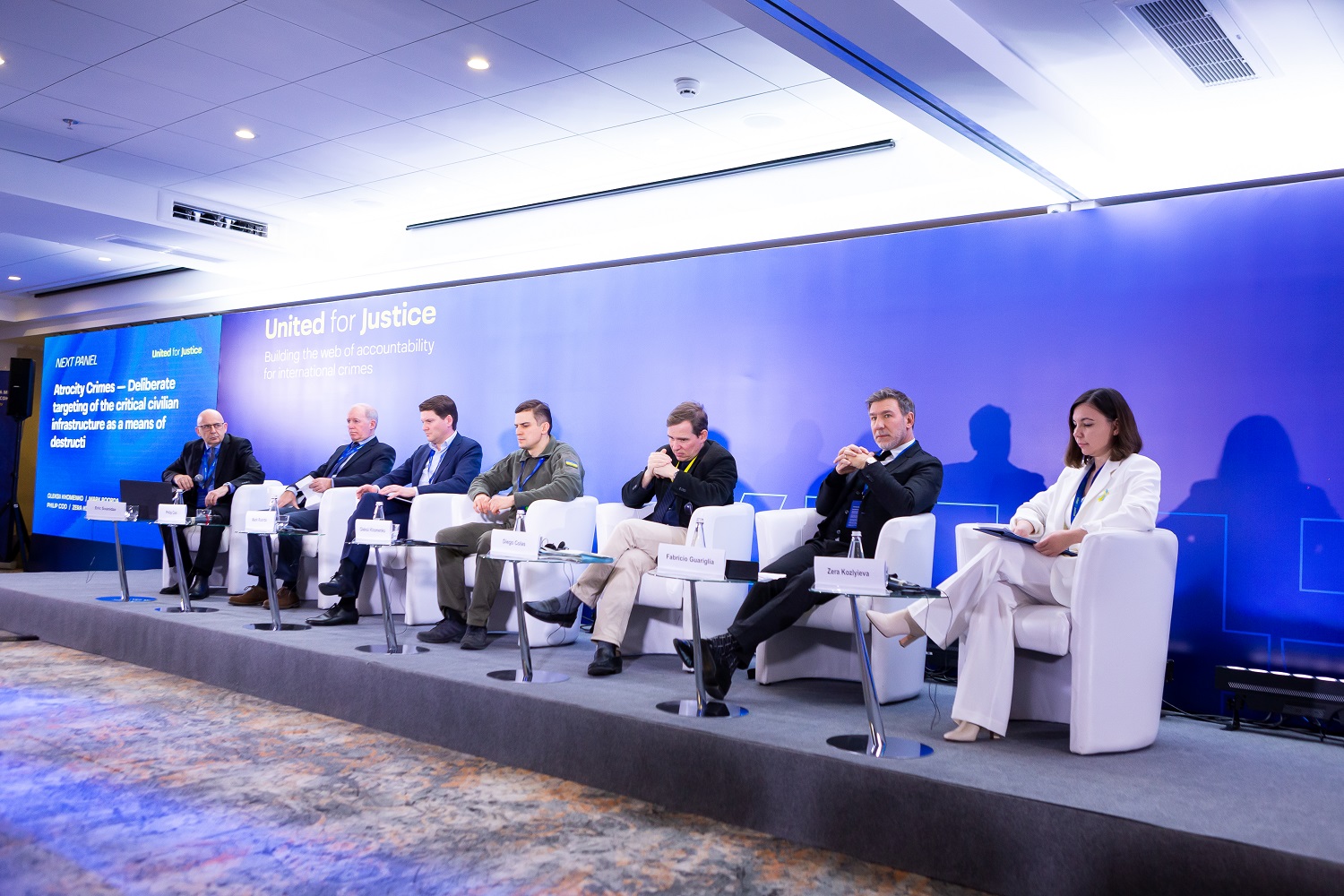
The scale of Russian war crimes in Ukraine is unprecedented, but the main challenge for international justice is the lack of effective legal mechanisms and institutions at the international level, which could not only assess the crimes of Putin’s Russia, but also ensure the proper prosecution of the guilty.
That was emphasized by the panelists on the second day of the conference United for Justice, who agreed that the restoration of justice requires accelerating the search for solutions that would remove the currently existing international legal restrictions for adequate prosecution of Russian crimes.
Since the beginning of the large-scale Russian aggression against Ukraine, the EU Project Pravo-Justice has provided the Office of the Prosecutor General with comprehensive technical and advisory support in organizing and conducting investigations into war crimes.
At the Lviv conference, the Project coordinated the work of the discussion panel dedicated to the deliberate destruction by the Russian military of Ukraine’s critical civilian infrastructure as a means of exterminating the civilian population.
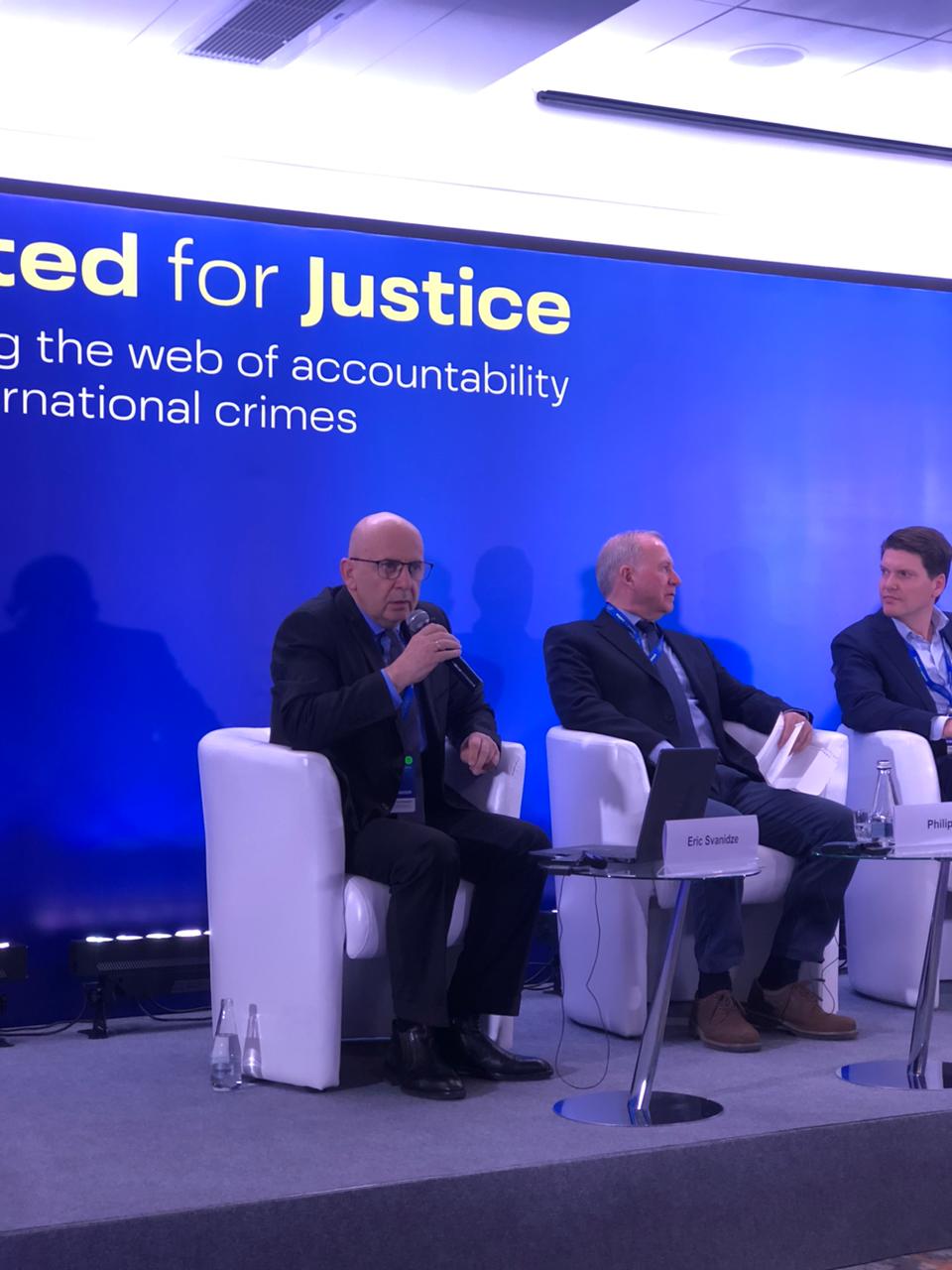
Key International Expert of the EU Project Pravo-Justice, Lead of the Component for Policy and Coordination in the justice sector, Eric Svanidze, emphasized:
“Mass attacks on energy and adjacent critical infrastructure clearly indicate crimes against Ukraine that are unprecedented in terms of scale, cruelty, and consequences. There should be a legal response to this. Innovative approaches to the collection, systematization, and analysis of evidence are needed; IML norms need to be developed and adapted in terms of specifically establishing the intention, motives, and goals that guide the actions of the military command and leadership of Russia."
From the very beginning of the active phase of the war, Ukrainian objects of the energy infrastructure became targets for Russian attacks, and from October 2022, the aggressor proceeded with the complete destruction of the Ukrainian energy industry. About 50% of the energy infrastructure was damaged by shelling, said the Minister of Energy of Ukraine Herman Halushchenko.
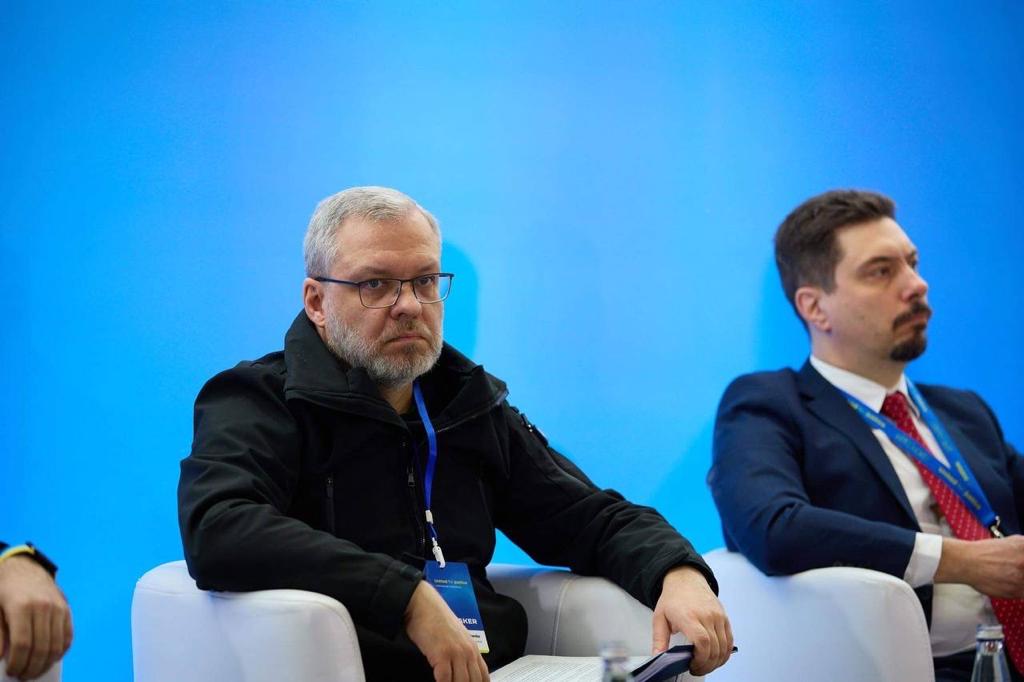
“This is civil infrastructure. And its deliberate destruction is a serious war crime. International humanitarian law, the Geneva Conventions and Additional Protocols clearly prohibit attacks on civilian objects, such as power plants and electrical networks,” the Minister emphasized. “Prompt out-of-the-box solutions, aid of the international partners, and heroic work of Ukrainian specialists allowed Ukraine to win the battle against Russia on the energy front this winter. At the same time, the aggressor must be severely punished for their crimes.”
Herman Halushchenko also added that the Zaporizhia NPP, the largest in Europe, is still under the control of the Russian occupiers, who have actually turned it into an instrument of nuclear terror.
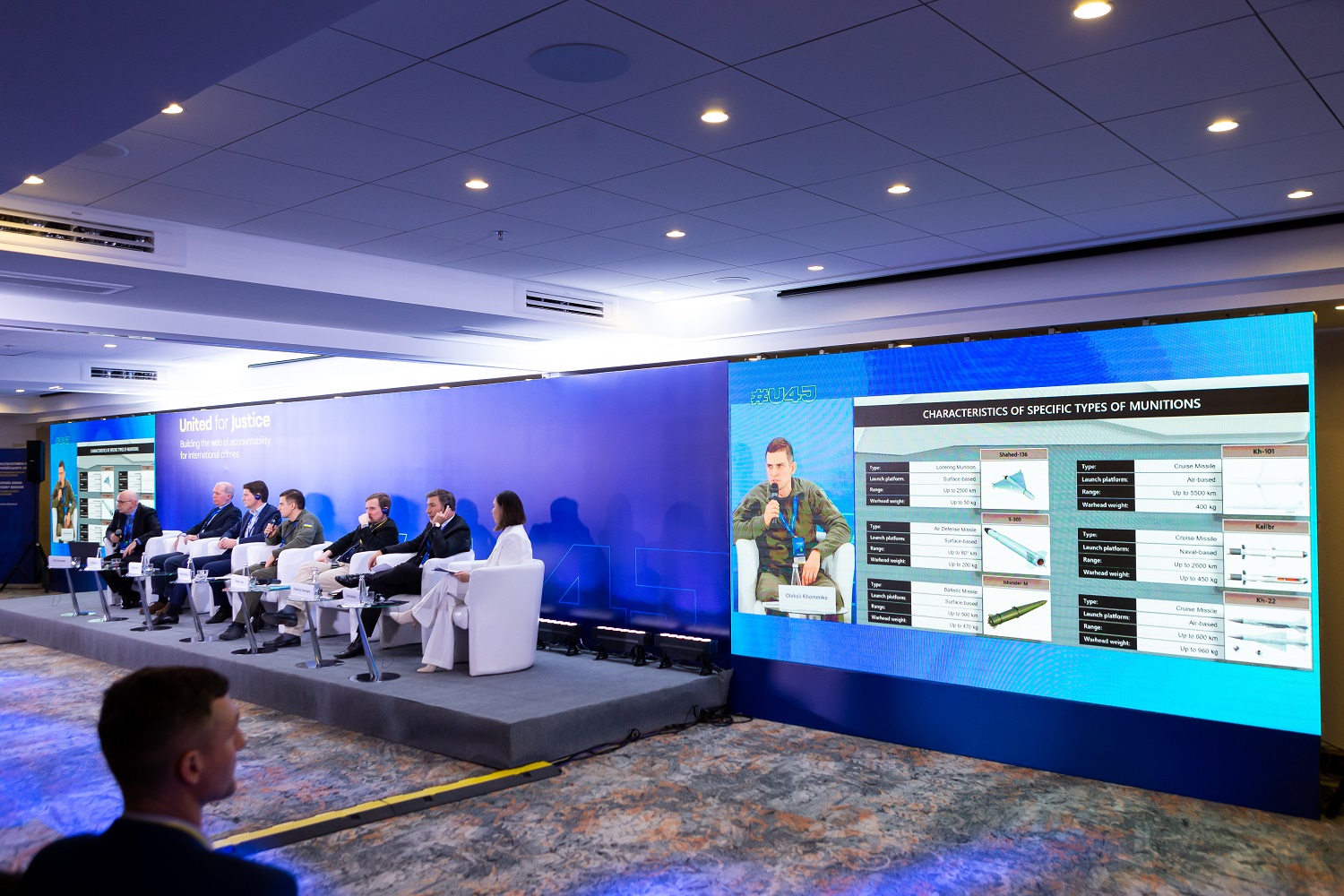
Oleksii Khomenko, First Deputy Prosecutor General of Ukraine, noted that the aggressor deliberately launched massive attacks on the energy infrastructure in October. This, he said, proves conclusively that the Russians’ plan was to ruin Ukraine’s energy industry just before winter cold, the intention being to cause mass suffering of the civilian population. Oleksii Khomenko emphasized the missile strikes also targeted hydraulic facilities:
“Those were the most dangerous ones. You are well aware that an attack on one of those facilities in the Dnipropetrovsk region led to a rise in the water level in the Ingulets River by two meters; and there was a real threat to the lives of 200,000 residents of Kryvyi Rih. Similar attack on the Kyiv Reservoir would endanger the lives of half a million residents of Kyiv. The enemy knows very well what they do, why, and what the consequences of their actions may be. That never happened only thanks to the efforts of the Ukrainian air defense.”
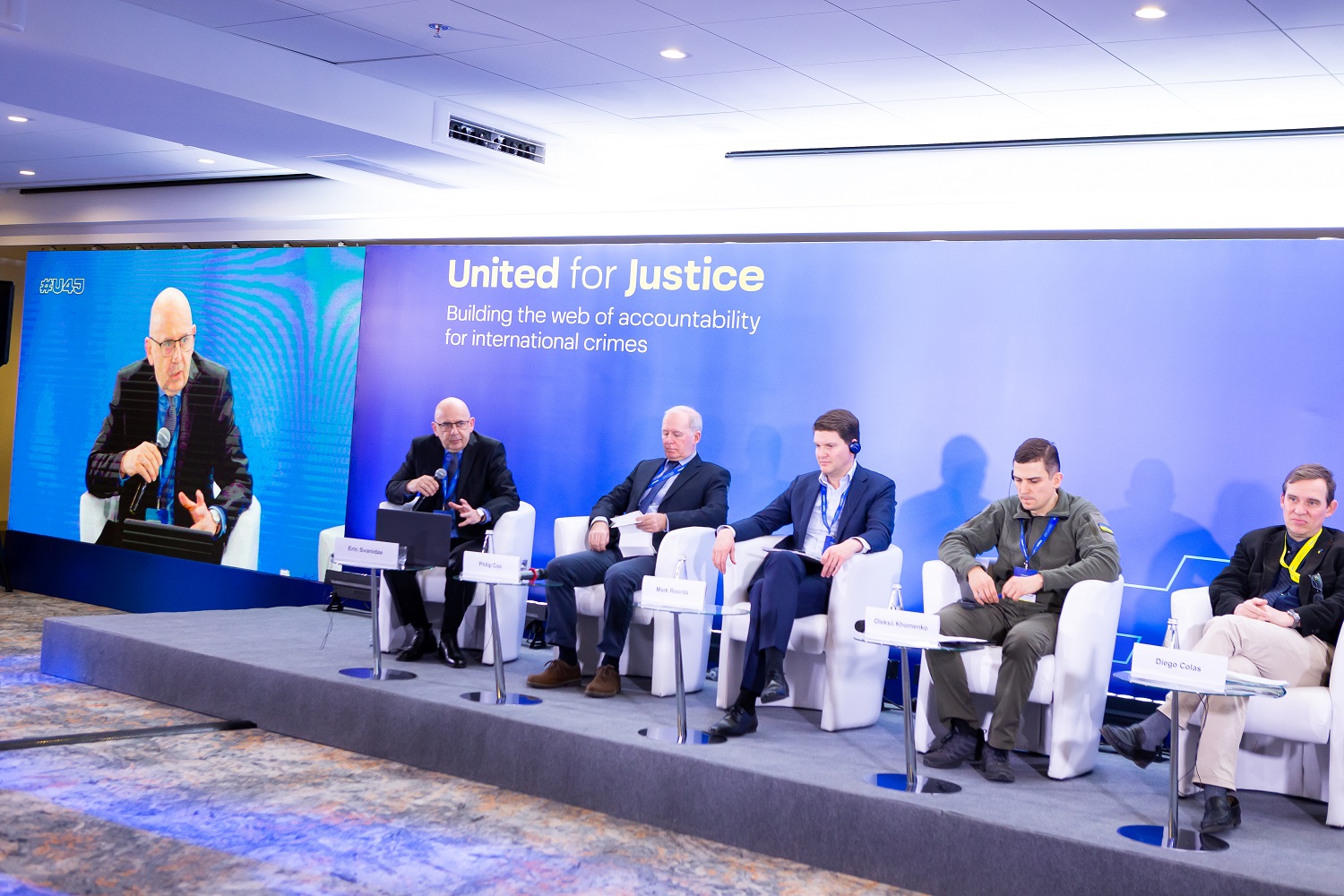
Eric Svanidze, Expert of the EU Project Pravo-Justice, added that Russians succeeded less than 20% of their missile and drone attacks, and this also indicates the true intentions of the aggressor:
“The people of Ukraine survived this winter and continue to exist not because the aggressor suddenly showed mercy. The true intentions and criminal goals failed because they encountered resistance and military response from the Armed Forces of Ukraine – and this also confirms the real intentions of the Russians and the real scope of these intentions.”
Today, more than 71,000 criminal proceedings on war crimes have been opened in Ukraine. The lion’s share of work on gathering evidence and investigation is being completed by the Office of the Prosecutor General.
First Deputy Prosecutor General Oleksii Khomenko presented at the conference certain examples of how his colleagues work and the approaches applied by the Prosecutor’s General Office specifically in the investigation of crimes committed by the Russian military.
“I want to underline that I am here today not only as a prosecutor. I am also a co-chair of the Interagency Working Group formed by the Office of the Prosecutor General. This group also consists of officers of the Armed Forces of Ukraine, who are experts in the weapons used by the aggressor – starting from cruise missiles to drones. Their expertise helps to determine the exact nature of the use of these weapons... After the escape of the occupiers from the Kyiv Oblast, Chernihiv Oblast, Sumy Oblast, and Kharkiv Oblast, the strategy of the Russians – to attack civilian objects – does not raise any doubts,” said Oleksii Khomenko.
He added then: “With the help of our experts, we can accurately identify Russian war criminals. We focus not only on commanders of the tactical level, but also identify specific individuals in the top command – this is the level of generals – those who give orders to strike.”
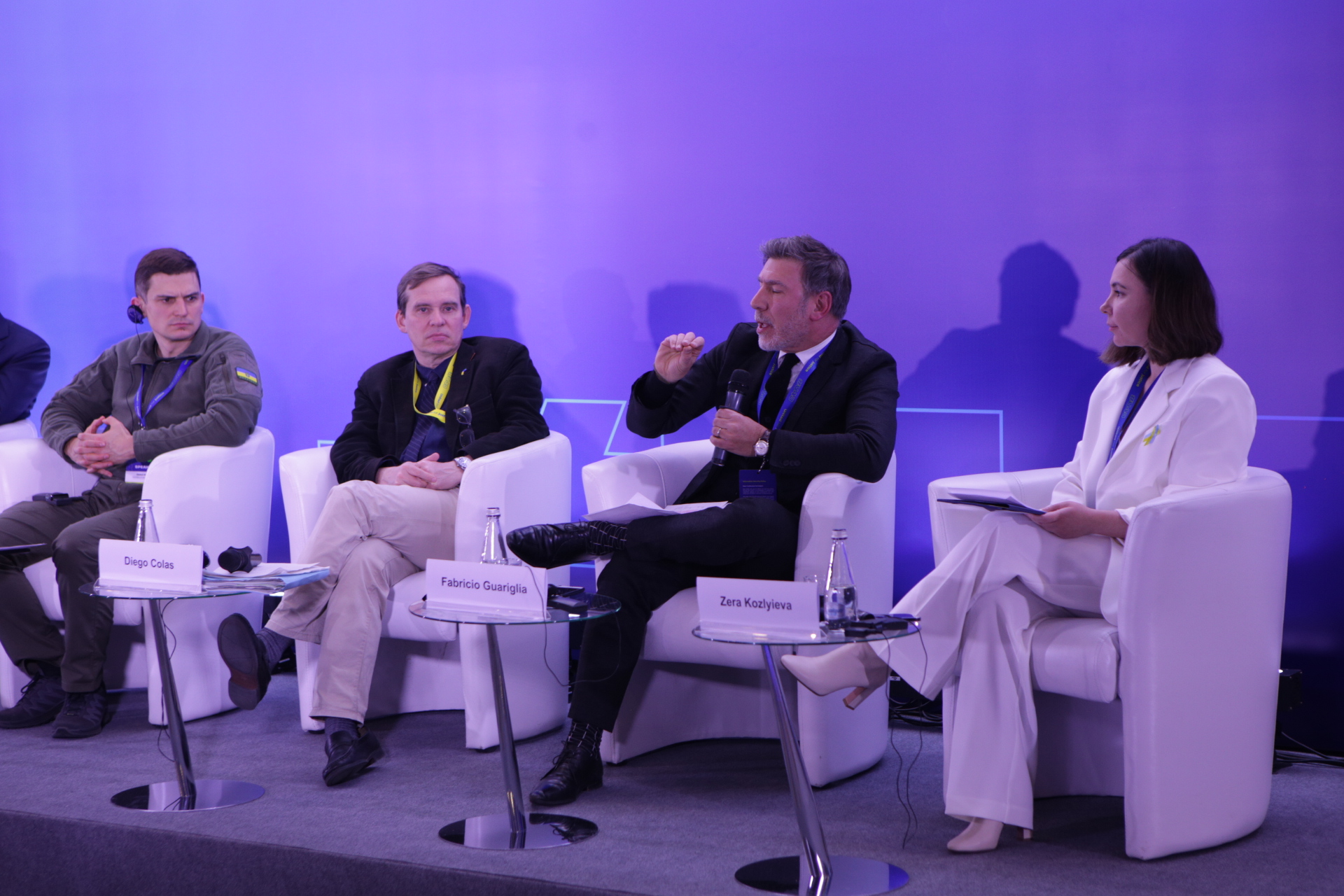
In his speech, Director of the IDLO Branch Office in the Hague Fabricio Guariglia drew on his own experience of working at the International Criminal Court. He warned that the problems that the international community may face in the matter of punishing those guilty of war crimes in Ukraine are quite typical. What is critically important, in his opinion, is the quality of work of investigative teams.
“Such crimes are very difficult to prove in court. There are a lot of legal nuances, technical details, elements of proof – such as the nature and purpose of the hit target, the intention and motives of those who carried out the strike, the way in which it was done, the military value of the hit target. These are always difficult questions, to which very often there is no single and clear answer. This makes the work of judges extremely complicated, and therefore creates problems for the actual punishment of war criminals,” noted Fabricio Guariglia.
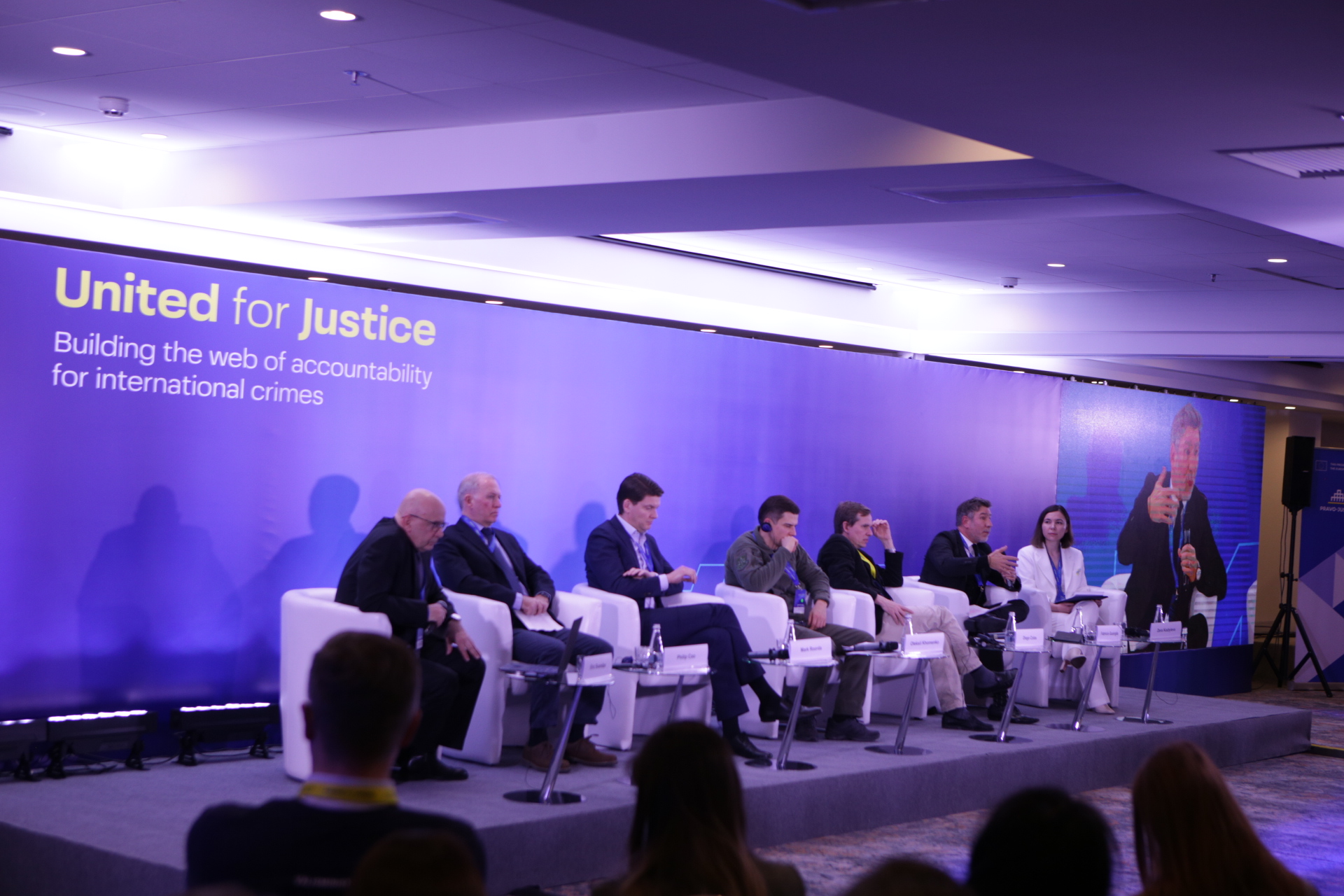
The second day of the Lviv conference was crowned with an important practical output. Prosecutors general of member countries of the joint investigative team (JIT) signed an addendum to the Agreement on the establishment of the JIT regarding the start of operation of the International Center for the Investigation of Crimes of Aggression.
“We do feel the support and solidarity of our international partners for our main goal – bringing the aggressor to justice. The opening of the international center in The Hague is another legal step for this,” said Prosecutor General of Ukraine Andrii Kostin.
As the Prosecutor General of Ukraine stated, one may expect the center to start working already in the summer. Prosecutors and investigators of JIT participating countries will work their; the possibility of involving prosecutors from other countries is also being considered. Experts may be eventually involved in the work of the International Center. The HQ of the center will be located in The Hague, on the basis of the European agency of Eurojust, which for its part has promised to provide extensive technical assistance in the functioning of the center.